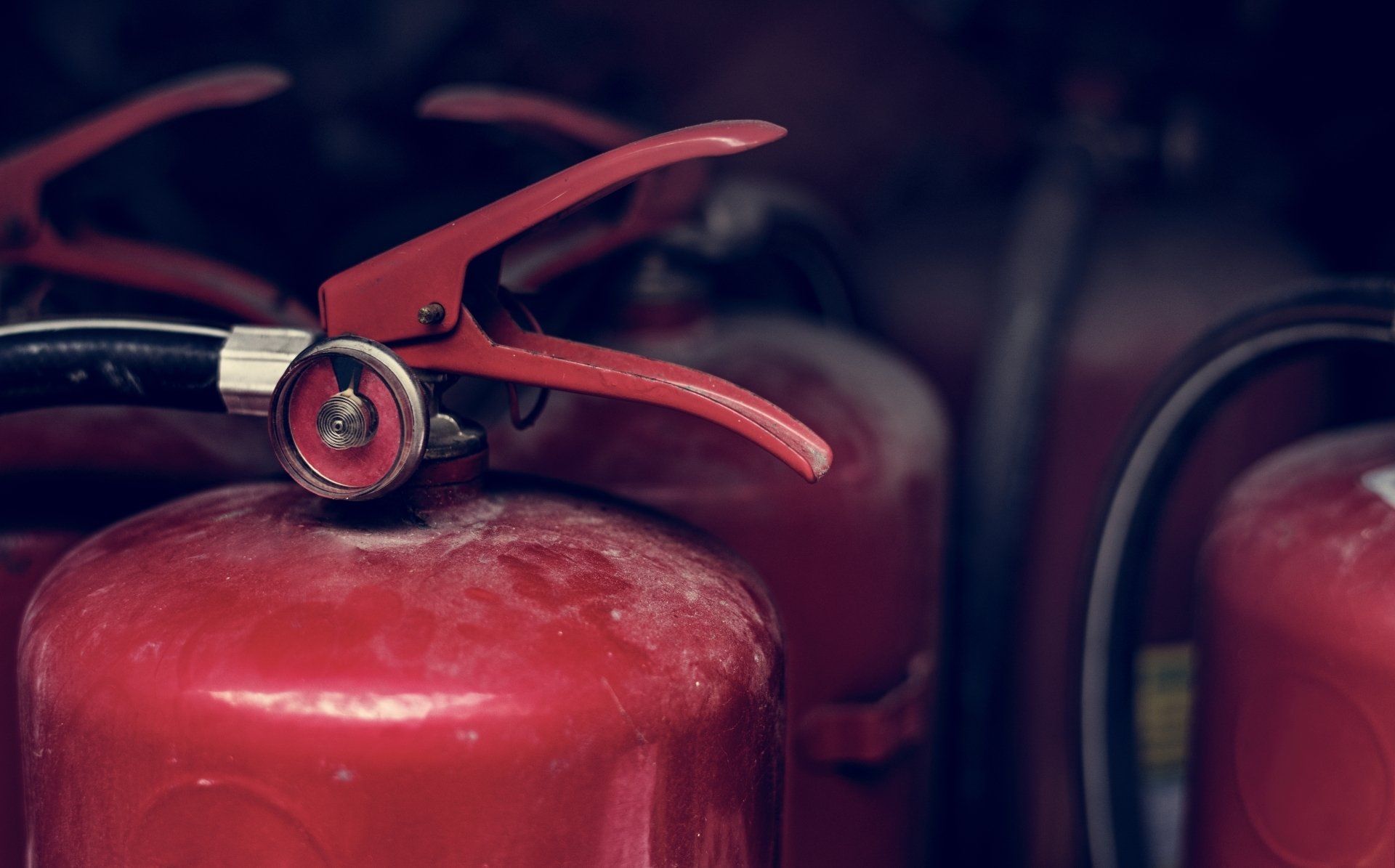Fire Safety Tips for Your Home
Every year, thousands of people are injured in home fires. In fact, fires kill more people in the United States each year than all other natural disasters combined. Many of these injuries and deaths could be prevented with knowledge of basic fire safety tips.
This post will provide you with some critical fire safety tips to help keep you and your family safe. Following these tips can help reduce the risk of a fire as well as increase your chances of minimal damage should a fire occur.

Ensure You Have High-Quality Smoke Alarms
Investing in high-quality alarms and testing them monthly is one of the best ways to prevent fire disasters. While this seems like an obvious tip, you'd be surprised at how many homeowners don't regularly check their alarms. For extra protection, consider buying a long-life battery-powered smoke alarm—these last up to ten years with no battery change, giving you peace of mind.
Fire alarms should be installed on ALL floors of your home. Ensure that you have an alarm inside each bedroom and outside sleeping areas. If possible, opt for interconnected smoke alarms. This type is beneficial because if one alarm sounds, they all sound.
For more information on properly setting up a smoke alarm, visit the U.S. Fire Administration website for some pointers.
Strategically Place Your Appliances
One of the main ways that home fires start is through small appliances, for example, space heaters. Many people, especially new homeowners, aren't aware of just how hazardous these appliances can be. It's imperative to keep space heaters at least 4 feet away from anything flammable, for example, curtains or bedding. In addition to this, you should ALWAYS turn off heaters when leaving the room or going to bed.
Fires can also start from outside your home through typical backyard appliances, like grills. Keep grills, cookers, and fryers at least 4 feet away from your house and shrubs or bushes.
When cooking indoors, never leave a stove or oven unattended. Keep cooking appliances clear of potentially flammable items such as rags, towels, and packaging materials. It's also crucial to ensure that children or pets stay away from all cooking areas.
Plan an Escape Route
While the thought of evacuating your home due to a fire is frightening, preparing a plan ahead of time could potentially save your life. This is especially true if you have small children in your home who need assistance should a disaster arise.
Sit down with your family and create multiple escape plans. Ensure that you factor in that in the event of a fire, some exits may be blocked. Having multiple plans allows you to work around any potential roadblocks. Your plans should include routes from different house areas, tools for exiting the building (ladders, items to break out windows if necessary), and a designated meeting place.
There are many resources available that can help you craft your plan. The American Red Cross even has a
downloadable form where you can draw out your home's floor plan.
Invest in Fire Extinguishers & Fire Ladders
In addition to installing quality smoke alarms, you should also consider investing in fire extinguishers and fire ladders. Ideally, you should have a fire extinguisher on every level of your home, including the basement.
Once you have purchased a fire extinguisher, the next step is knowing how to use it. It's best to stick with one manufacturer for all your extinguishers since different manufacturers might operate differently. Having different instructions for each extinguisher can be confusing should a fire break out and you need to act quickly. If you have to use your fire extinguisher, remember to aim toward the base of the fire, squeeze the lever evenly, and sweep back and forth.
If your home has multiple floors, it's also worthwhile to look into
fire ladders. These have the potential to save your life should you have to exit through a window on the second or third floor. Fire ladders are relatively easy to use, but make sure all members of your family can properly use them before storing them in a safe place.
Bottom Line
While you can always replace material items in your home, it's impossible to replace your family, pets, and loved ones! Preparing for a fire early allows you to have peace of mind in knowing that your family has a plan if disaster strikes.
For more information on fire safety, visit the
American Red Cross website.
GM Holdings LLC
Office Hours





